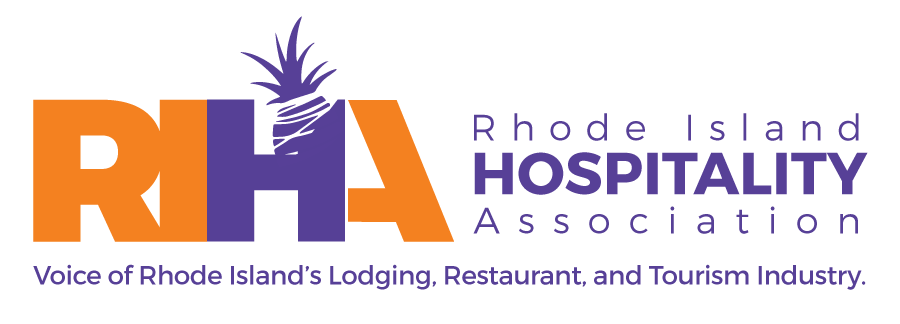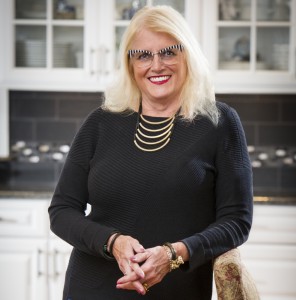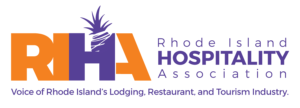
By Dale J. Venturini, President & CEO, RI Hospitality Association

Dale J. Venturini, President and CEO of Rhode Island Hospitality Industry Association.
In Rhode Island and across the nation, we’ve seen a host of legislation introduced by out-of-state special interest groups that has squarely targeted the hospitality industry. From eliminating the federal tipped wage, to raising minimum wage to $15 per hour, to scheduling mandates and paid sick leave – virtually every facet of our business model is being unfairly attacked. Special interests are trying to fix what is not broken.
I’m not sure why folks who do not work in our industry feel compelled to tell business owners, legislators and millions of employees across the country how our industry should run. But, I do know that special interests have such a keen eye on the hospitality industry and such a determination to destroy how we do business, because there is money to be made for their organizations.
One of the most onerous pieces of legislation is the paid sick leave bill. In Rhode Island, H-5413/S-290 would impose on local businesses the most far reaching, overly broad and extreme paid leave legislation in the country.
Some of the more problematic aspects of the bill include:
- Businesses, regardless of size, have to provide employees with up to seven days of paid leave for sick and safe time (CT, MA and VT all provide
five days). - No notice requirements — employees only have to make a “good faith effort” to notify employers that they will be utilizing their paid leave. Massachusetts has this exact same language and it has led to a “no call, no show, no problem” environment in Massachusetts businesses.
- It would prohibit the long-standing industry standard of shift swapping if an employee cannot work a scheduled shift. Massachusetts, Connecticut and Vermont all allow shift swapping as an alternative to paid leave.
- It directly conflicts with the RI
Food Code, which requires employers and employees discuss certain medical symptoms to prevent infectious disease. - The leave could be used for the employee, the employee’s family or anyone with whom the employee has a “family-like affinity.”
 If businesses are required to provide paid leave, something else has to give —fewer benefits, less flexibility and more regimented hours. A March 8, 2017, Providence Journal editorial, “Don’t lose focus on jobs,” argued that paid sick leave is another business burden in a state known for its difficulty in conducting business. The editorial cited an annual report from the Washington-based Tax Foundation that ranked Rhode Island 44th for its business tax climate. Last year, CNBC ranked Rhode Island 50th of 50 states for its business climate.
If businesses are required to provide paid leave, something else has to give —fewer benefits, less flexibility and more regimented hours. A March 8, 2017, Providence Journal editorial, “Don’t lose focus on jobs,” argued that paid sick leave is another business burden in a state known for its difficulty in conducting business. The editorial cited an annual report from the Washington-based Tax Foundation that ranked Rhode Island 44th for its business tax climate. Last year, CNBC ranked Rhode Island 50th of 50 states for its business climate.
The piece went on to state, “…Bills before the House and Senate take the approach that benefits for employees are the only thing that matters. They fail to factor in whether businesses can endure an ever-growing load of regulatory burdens.
“A key point seems lost on too many legislators: You can’t have employees, never mind guaranteed employee benefits, without employers turning a big enough profit to make their
effort worthwhile.
“The bills would require employers to provide paid sick time whenever an employee makes the request. Such requests would not be limited to illness … some states that have considered such measures have refrained from hammering small businesses, which are the incubators of jobs and economic vitality.”
Our membership has and will continue to testify strongly against all pieces of legislation that unfairly target us. We have a duty and obligation to protect the thousands of small business owners in our industry as well as our 70,000 employees.
A veteran of more than 25 years in the hospitality industry, Venturini is considered by many to be the voice of the industry in the state of Rhode Island. She has been instrumental in improving the industry’s educational and training programs in the state, as well as enhancing the bottom line of the business she represents. Venturini splits her time between the office and the State House, a constant presence for her membership.



